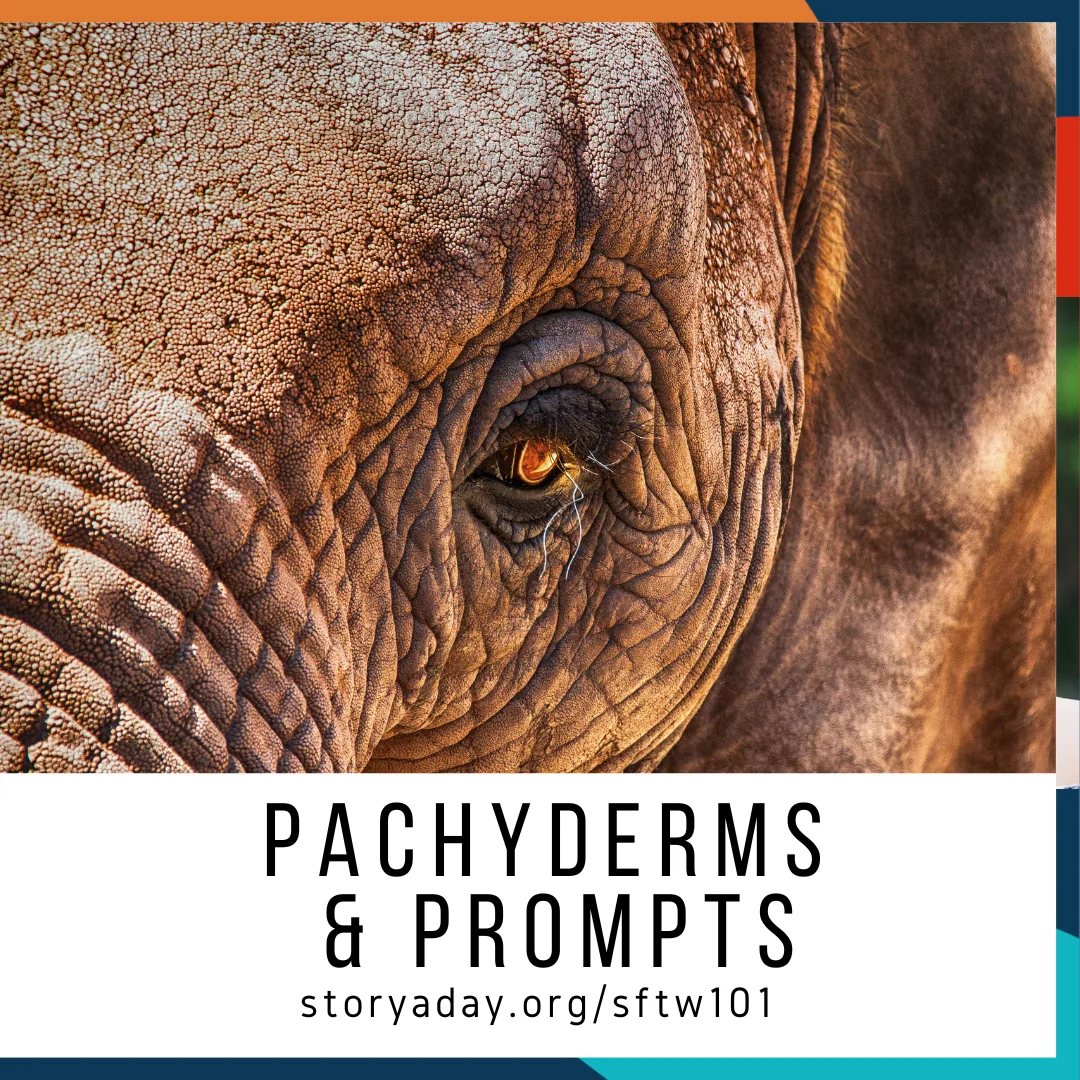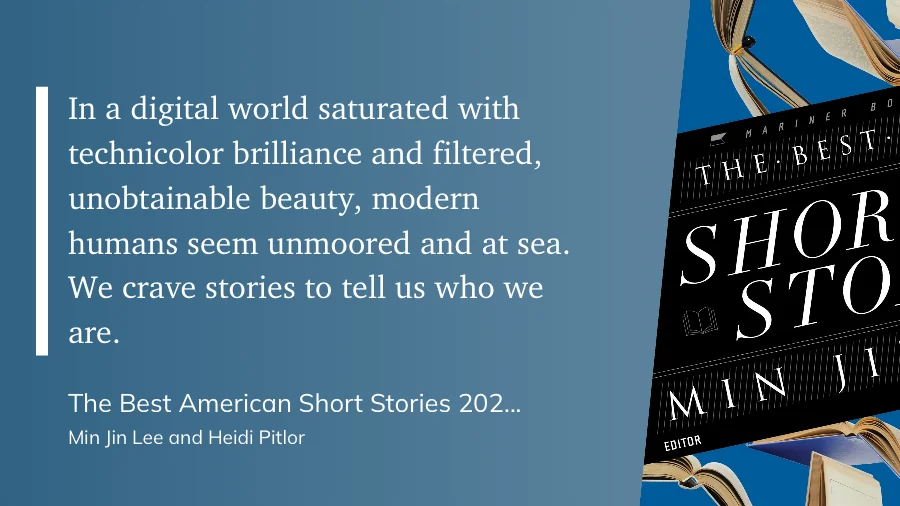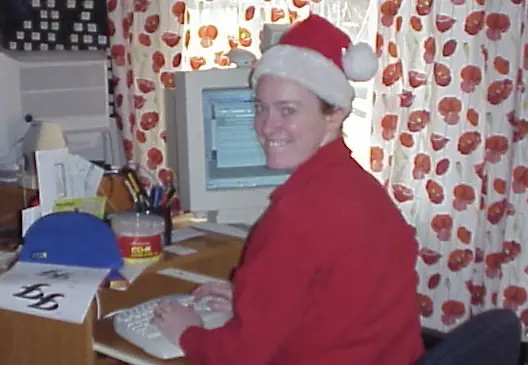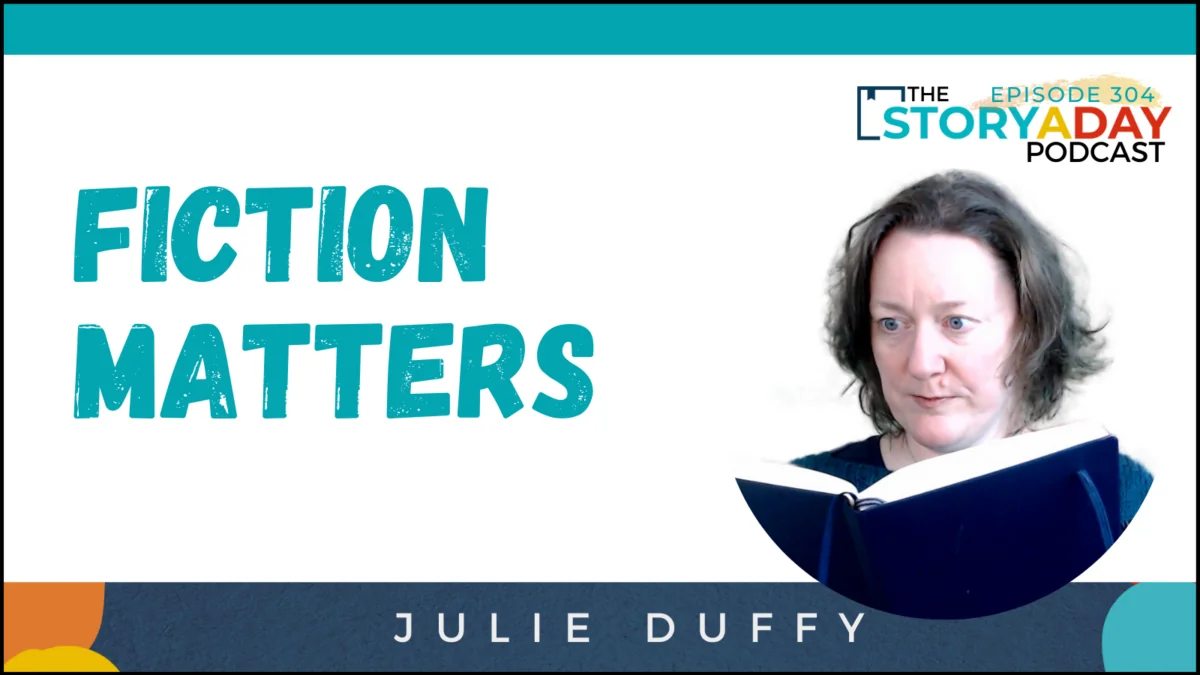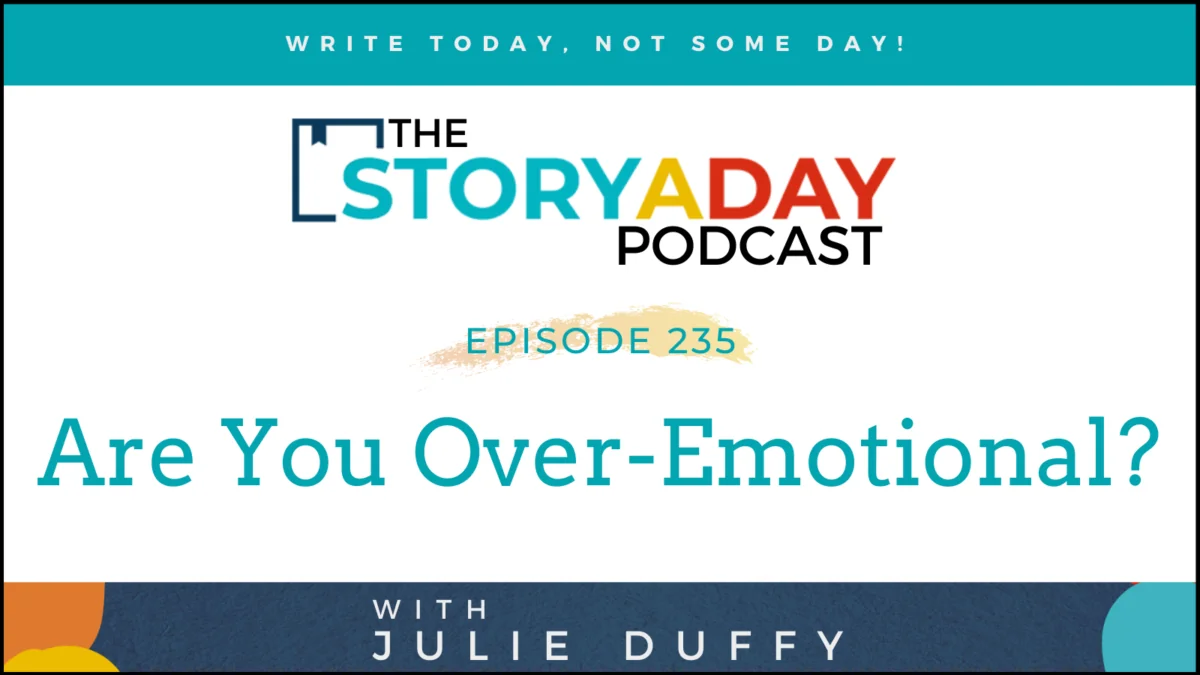When I surveyed the StoryADay community the message was clear: you’d like a little something for the weekend, to inspire you and remind you to write. So let’s get started.
First, a letter from me-in-January-2025, then some writing prompts.
Elephant In The Room
Writers tend to be a pretty progressive lot.
Our self-imposed job is to think about why people are the way they are. This leads to us having compassion for other creatures and for our environment, and it often leads to an urge to improve our institutions and communities.
This is a tough time for the compassionate.
The loudest voices are, once again, telling us that we’re kidding ourselves, that we’re fools, that we’re being taken advantage of.
But we’re not. (You know that, and you’re not wrong).
And we are not the minority.
Those of us who can, must keep, as cheerfully as possible, reminding everyone of those things.
StoryADay is my sliver of the Writing-sphere and it is resolutely a place where people are welcomed with respect, encouragement, acceptance, and a loving kick in the pants when they’re not living up to their own (sometimes secret) expectations for themselves.
The only thing I will not tolerate is intolerance.
Still here?
OK. I have some more words for you.
Fiction is not about escapism.
I mean, it can be, but mostly creative writing is the spoonful of sugar that helps the truth go down.
The truth of what it is to be human.
The truth of the horrors we see, and the heroes that fight them.
The truth that it is possible to create–and live in–better worlds.
I know you might feel pulled away to pay attention to the news, but remember: your creative writing matters (fiction, or creative non-fiction). Your writing is a lifeline to yourself and others who are drowning in a sea of headlines and clickbait. It’s a respite from the (sometimes brilliant) non-fiction we all consume, daily.
People need a break. Let’s give it to them.
Let’s make good trouble with our writing, as Sen. John Lewis advocated.
And llegitimis non carborundum*, as British intelligence used to say, during the Second World War.
On that note, here are some Story Sparks for you:
Writing Prompts
I’ve been amusing myself by posting Story Sparks as Shorts/Reels this month. Here are the first 7:
- A Fresh Start
- Under the Weather
- A Warm Up
- Sad Decorations
- A Controversial Conversation
- Weather Happens
- This Old House
I’ve also posted some from my old stomping grounds in Scotland. To see them all (including one with a castle), click here.
I’ll be back next week. If you have questions or fears, or are stuck on anything to do with your writing, or are ready to join me at the writing barricades, leave a comment. I’ll do my best to address your question in an upcoming missive.
Keep writing,
Julie
P. S. *Illigitimis non carborundum is mock-Latin for ‘Don’t let the bastards grind you down’! Words to live by…
Want to receive this missive by email everyweek? Sign up here

